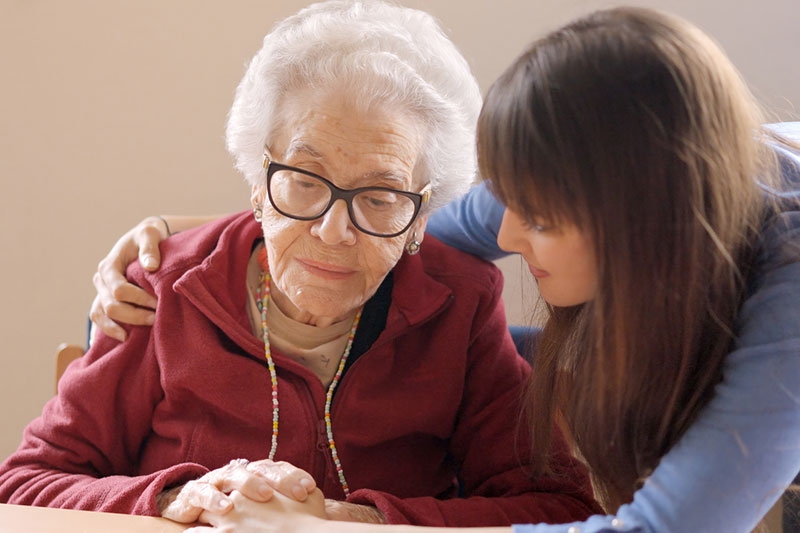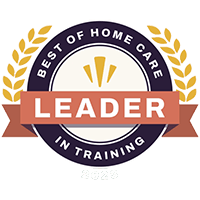
Signs Your Aging Parent May No Longer Be Safe Living Alone
It starts with small things.
A missed appointment. An empty fridge. A dent in the car you didn’t hear about.
You might brush it off at first. Everyone forgets things now and then, right? But at some point, you find yourself wondering: Is Mom really okay on her own?
If you’ve found yourself in this place, you’re not alone. Many adult children struggle to recognize the signs elderly parents need help, especially when their loved one insists, “I’m fine.”
Knowing when to get help for an aging parent can be tough. That’s why we’ve put together this guide—to help you identify the most common aging parent living alone warning signs so you can take action with clarity and compassion.
1. Physical Changes You Can’t Ignore
Pay attention to visible changes in your parent’s health and mobility. These can include:
-Unexplained bruises or injuries
-Weight loss or poor hygiene
-Trouble walking, balancing, or getting up from a chair
-Signs of fatigue or weakness
These aren’t just signs of aging—they may be indicators that your parent is having trouble managing daily tasks on their own.
2. Changes in the Home
The home can tell you what your parent may not. Look for:
-Piles of unopened mail or past-due bills
-Spoiled food in the fridge
-Excess clutter or dirty dishes
-Broken appliances that haven’t been fixed
These are often aging parent living alone warning signs that they’re struggling to keep up with daily responsibilities.
3. Cognitive Red Flags
Forgetfulness happens to everyone, but consistent memory issues can be a deeper concern.
Watch for:
-Missed medications
-Confusion about time or place
-Repeating stories or questions often
-Getting lost in familiar areas
These may be early signs of cognitive decline or dementia—and strong indicators that help may be needed sooner rather than later.
4. Mood and Behavior Changes
Isolation, depression, or anxiety can affect your parent’s ability to thrive alone.
Be mindful of:
-Lack of interest in hobbies or activities
-Withdrawing from friends or family
-Unexplained irritability or sadness
-Neglecting self-care or appearance
Emotional well-being is just as important as physical health. These shifts are often subtle, but they’re some of the most telling signs elderly parents need help.
5. Driving Issues or Safety Concerns
If your parent is still driving, you’ll want to monitor:
-Increased fender benders or parking mishaps
-Getting lost on familiar routes
-Slow reaction times
-Signs of anxiety or confusion while driving
Driving isn’t just about mobility; it’s about judgment, vision, and awareness. If you’re nervous about their safety, it may be time to reassess.
Pay Attention to What’s Missing from Their Conversations
We tend to focus on what our parents say. But often, it’s what they don’t say that reveals the most.
If your parent used to regularly talk about church, neighbors, hobbies, or a favorite show—and now they’ve gone quiet about those topics—it could be a subtle sign of withdrawal, loneliness, or cognitive decline.
This kind of silence is easy to miss, especially over the phone. But it’s one of those early aging parent living alone warning signs that something has shifted beneath the surface.
Knowing when to get help for an aging parent isn’t always clear-cut. But you don’t have to wait for a crisis to act.
By watching for these aging parent living alone warning signs and responding with love and support, you can help your loved one stay safe, healthy, and supported—wherever they call home.
Want to talk through care options? Contact us for a free consultation. We’re here to help.







